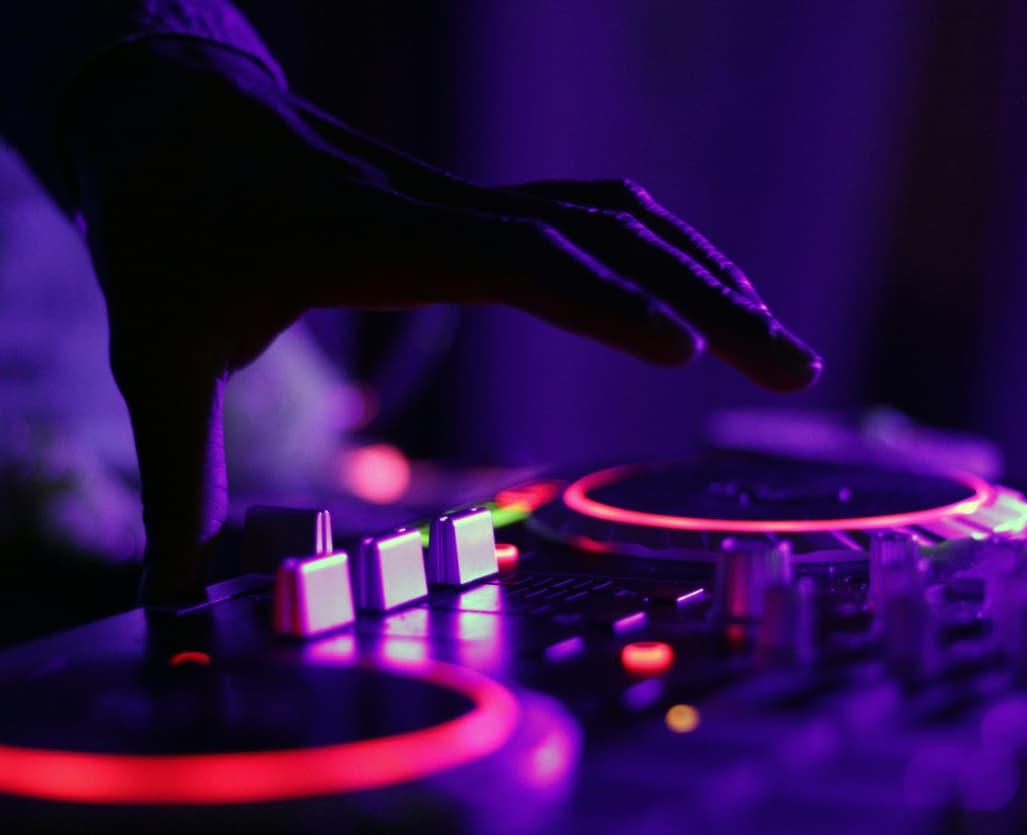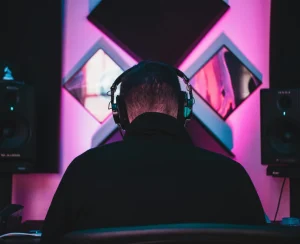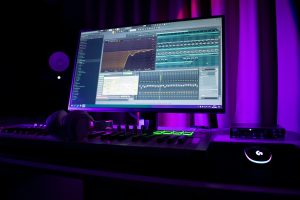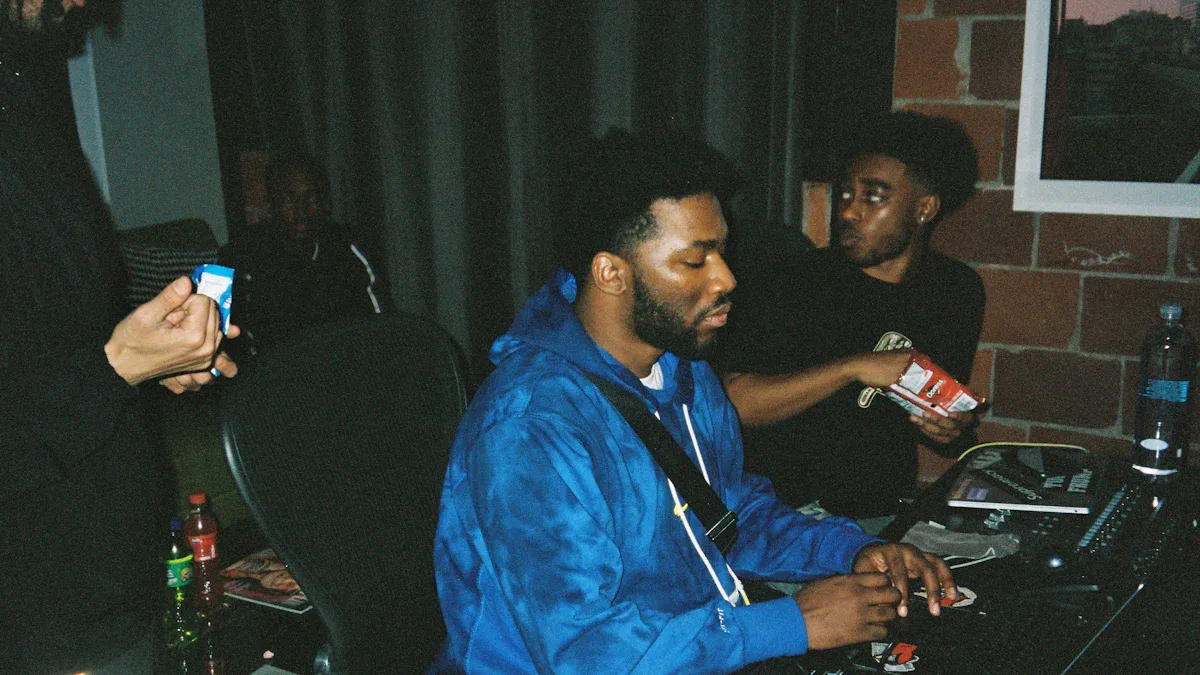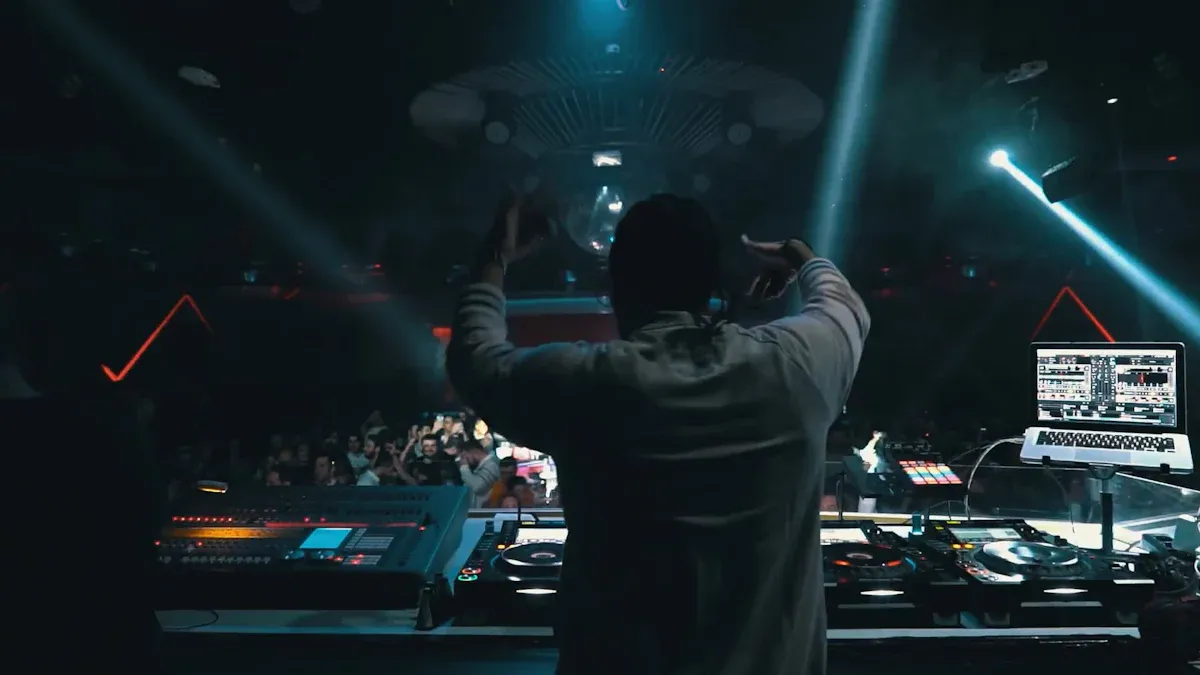The world of music is always changing. From the days of analog recording studios to the recent advent of digital workstations, technology has created every new paradigm to facilitate how music is produced, marketed, and consumed. At the present time, once again, there is a revolution on the horizon, and it’s called artificial intelligence in music production. Tools such as DeepSeek, along with an ever-expanding list of AI-based music-generating software, are indeed game-changers for artists, producers, and composers.
How AI is Transforming Music Creation
The concept of computers composing music dates back to the 1950s, but today’s AI has taken it to a whole new level. Thanks to deep learning and training on massive music datasets, modern AI can now understand music in both a thematic and emotional sense, producing songs that often sound remarkably human. These systems can compose full instrumentals from scratch based on simple prompts, such as “a jazzy lo-fi beat for a chill evening.”
They’re also capable of generating lyrics tailored to specific moods or themes like heartbreak, empowerment, or fantasy. AI can mimic the musical styles of famous artists, autocomplete melodies or harmonies from short inputs, and even synthesize voices that sound human—or entirely new. These advanced tools are being built into digital audio workstations (DAWs), mobile apps, and cloud-based platforms, making professional-level music creation accessible to everyone, from bedroom producers to Grammy-winning artists.
What is the Controversy with AI Music Generators?
Like anything that goes beyond the era of controversy, AI music evokes excitement and yet, on the other hand, raises intense concern for all sorts of reasons. One central issue is that of rights and ownership. If AI systems are trained on thousands or even millions of existing songs, one must ask who really legally owns the output.
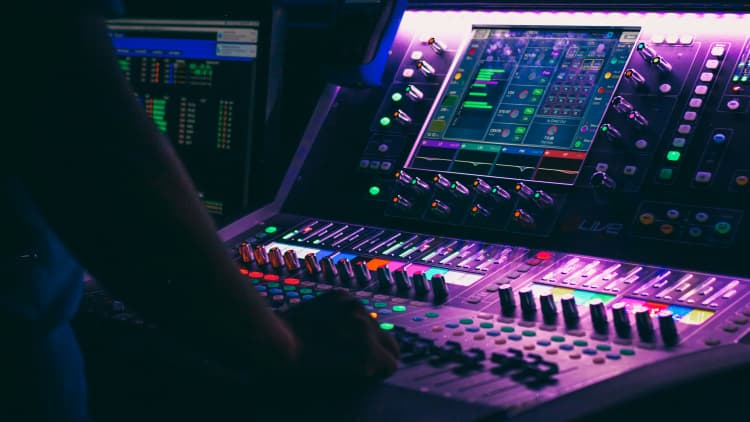
Does the user get to claim all the rights to the output of a machine, or should the original authors whose works trained the AI have some level of credit or compensation? There is a growing concern that the music generation could be closely modeled after training data, laying down grounds for discussions on plagiarism. This creates a further ethical dimension, especially when artists living today are impersonated through AI without their consent.
Famous musicians like Drake and Taylor Swift have voiced their opinions against the unauthorized use of AI to create deep fake versions of their voice or personae in banned songs. Many have also expressed concerns that AI could threaten human production within a few years, especially for the commodity end of the music business, where timeliness and cost-of-output are often placed above originality.
Many in the music industry don’t see AI as a tool to replace human creativity, but rather as a partner to help expand the creative space. AI can enhance an artist’s skills under the right conditions, encourage creative thinking, and streamline the creative process, thus facilitating collaboration with other creators.
An excellent example of this trend is Tempolor, an AI music generator software that utilizes advanced algorithms to generate music in a variety of styles based on simple requests entered by the user, which not only improves creative efficiency but also provides artists with a new creative perspective. By partnering with Tempolor, music producers can save time while focusing on the artistry of their creations rather than getting bogged down by technical details. This software helps artists break through the limitations of traditional creation, bringing more possibilities and room for innovation.
DeepSeek & Cutting-Edge AI Music Tools
DeepSeek is defining its own identity as a leading innovator among many in the AI music scene. By combining deep generative models and natural language processing, DeepSeek enables the generation of highly personalized music pieces by entering text prompts. For example, someone may enter the prompt “melancholic piano with soft rain sounds” into DeepSeek, which will generate a whole piece of music with that specific feeling.
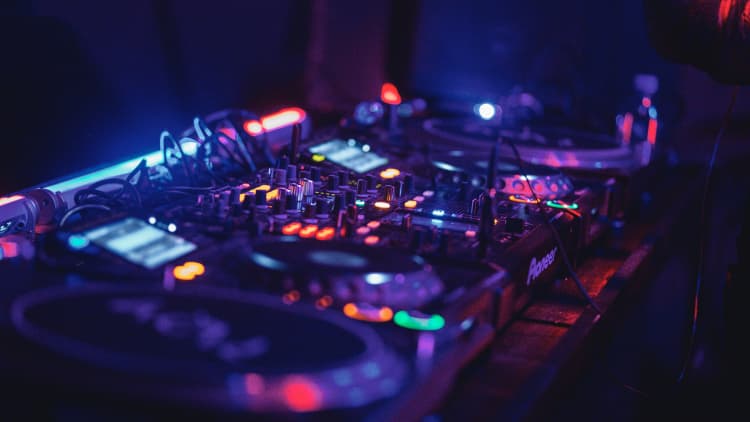
This stands in stark contrast to any other AI out there today, thanks largely to the platform’s text-to-music interface, real-time adaptability, and high-quality output. Musicians can adjust genre, tempo, and instruments throughout the creation process, a high level of flexibility not often afforded by AI music tools.
The resulting music products are of high fidelity, almost as good as one mixed with a professional hand, ready to be used or further produced. DeepSeek can also emulate voices and styles, which could either imitate certain artistic characteristics or create entirely new textures.
The other big contenders in AI music are also giving way to a new way of composing. AIVA, or Artificial Intelligence Virtual Artist, creates principally cinematic scores and classical compositions. Soundraw generates royalty-free music by genre and mood for content creators. Boomy allows users to easily make and release songs; Amper Music is concerned with fast sound design for ads and media projects. In short, these tools represent an exciting new creation toolkit for new-age creators: fast, intuitive, and bursting with creativity.
Benefits for Independent & Professional Musicians
The AI phenomenon catering to the music scene isn’t something out of an early sci-fi novel anymore; it’s becoming an integral aspect for both indie artists and industry executives, giving tangible leverage in creation, collaboration, and monetization. One major trump card in this already powerful pack is that AI helps lower the entry barriers.
Aspiring musicians with scant resources can now produce high-quality work without hiring expensive studio musicians; AI can generate compositions that are perfect for demos, EPs, or video soundtracks, letting users experiment with different genres without needing a vast knowledge of music theory. In short, all one might require to produce a song is a simple laptop and an idea; that song will soon sound as if it has been produced by a pro.
The other side of lowering the entry barriers is that now AI also stimulates creativity. These tools are not here to replace artistic input; they exist to foster it. When an artist is stuck on a verse or deciding on a backing track, AI can generate lyrics or backing tracks in a matter of seconds; thus, musicians use AI for brainstorming new melodies, blending genres in unanticipated ways, or re-arranging existing songs. This interaction forms a potent loop: AI generates the new ideas, and human intuition refines the end product.

The time saved in recording sessions by AI must surely be bought dearly in terms of cash; hence, every minute is precious. Tasks that can take hours to days of studio time for humans—arranging chords, generating loops, or mastering tracks—really do start to become AI’s domain. This allows the musicians to express their emotional performance side.
For instance, with AI, collaboration works like a virtual bandmate to instantaneously provide instrumental parts or harmonies. This becomes vital in the new normal, post-COVID-19, where remote workflows are now becoming a trend in the music industry.
AI is still a powerful enabler of better monetization for artists. Some platforms bring together music creation tools with automatic distribution, licensing options, and even NFT minting to give rise to new income streams, possibly making the sharing and monetization of their creations easier than ever for musicians.
Conclusion
AI-powered music creation tools such as DeepSeek are more than mere toys of ostentation; they are transformative in their effect, making sound sources available to those who could previously not access them, providing new avenues of creative thought to artists, and effectively redefining what music can look like. Yes, ethical questions concerning ownership, authenticity, etc., really do hover over any discussion of these issues.
However, these questions should be treated as true challenges to overcome, without succumbing to a climate of fear. AI, as a catalyst, might be used at the user’s discretion; this implies that the effects this revolutionary tool will have on the art of music depend on the shape it is given.
Towards these optimistic creators, indeed, remains brighter. For hobbyists or first-time experimenters in music, using AI simply means creating a drum track to jam with; for those tired of the day-to-day hassles of producing, AI promises a greatly anticipated relief. From its engines, DeepSeek offers the chance to look for a creative partner that does not sleep, never runs out of ideas, and gets better with time.
